Vinyl offers one of the best alternatives to hardwood and ceramic tiles. But it comes in two main types: the luxury vinyl and the engineered vinyl plank flooring. But what exactly is the difference between EVP vs LVP?
The main difference between a Luxury Vinyl Plank (LVP) and an Engineered Vinyl Plank (EVP) is the core materials and durability. Both EVP and LVP have their pros and cons, but EVP has a superior core material than LVP, thus the best flooring around.
Vinyl floors have been around since the 1930s. Due to their elegance, stylish and lower cost, they are now a popular flooring option in many American homes. They look and feel like hardwood flooring. The floors are a cheap and tacky option too. If you desire hardwood floors but your budget is too tight, vinyl will be a classy and excellent choice.
These vinyls come in the form of EVP and LVP. The EVP or Engineered Vinyl Plank consists of Wood or stone polymer composite. The LVP or Luxury Vinyl Plank comprises polymer vinyl chloride or plastic.
Read on to grapple the differences between the two, similarities, and pros and cons of each. In the end, we will tell you the best type of flooring and why we choose it.
Table of Contents
What is EVP Flooring?
In the building and construction industry, EVP is short for Engineered Vinyl Plank. It is a form of luxury vinyl planks (LVP) flooring that you will find on many floors. It is becoming a favorite material among many contractors and homeowners due to its stability, durability, and ease of installation.
EVP is a hybrid of laminated and vinyl planks where its material is more rigid than the traditional vinyl. To understand the EVP flooring, you need to grasp its components. The floor has four layers;
1. Wear Layer
The wear coat is a plastic transparent protective layer that coats the top of the EVP. Unlike LVP, the EVP wear layer is thick and heavy-duty. We also refer to the protective layer as veneer.
Its function is to prevent damages to your floor during regular use. The veneer coat’s thickness dictates the cost of the EVP, but you will find that all EVPs have the covering.
2. Decorative/design coating
The decorative coat is found on the top just below the wear layer. It is the different decorations you see on other EVP floors. This layer is made of vinyl and resembles wooden or stone decor. It comes with distinct appearances that give its floor material a realistic appearance. Some manufacturers incorporate 3D images to offer you the best appealing and natural looks ever.
3. Core film
The core film or layer is the central part of the engineered vinyl planks. This layer comprises Wood Polymer Composite or Stone Polymer Composite. The former is filtered sawdust to reduce sound and offer warmth, while the latter includes limestone material for a more rigid floor. With a core film, thickness and rigidity are a guarantee to help seal any sub-flooring imperfections.
4. Base film
The base film’s purpose is to separate the core from your floor. Some EVPs do not come with this coat. Some have different standards which dictate the installation process. A base film doesn’t affect the pricing of EVP. Mostly, it is a thin layer of rubber pre-attached on the bottom of the plank.
What is LVP Flooring?
LVP is a short form for Luxury Vinyl Plank. The floor is highly effective and aesthetically appealing vinyl. It boasts richly compressed layers of vinyl with decorative designs that mimic natural hardwood. LVP offers a classic and luxurious look within your budget.
It is waterproof and a great alternative to hardwood flooring. Like the EVP, it comes with four layers. It has got the top layer type, decorative layer, the core layer, and base film.
EVP and LVP look alike. A simple observation of the LVP will confuse you, but that shouldn’t, as the two have significant differences in installation, durability, and stability.
Read through to grasp the differences right in this guide.
Differences Between Vinyl Plank Flooring Vs. Porcelain Tile Flooring Summary Comparison Chart
| Feature | Luxury Vinyl Flooring (LVP) | EVP flooring |
| Material | Flexible core | Rigid core |
| Installation | Requires glue | Planks interlock easily like laminate floors. |
| Aesthetics and Appearance | Great images with a wide selection | Significant visual effects with a wide selection. |
| Maintenance and cleaning | An easy-clean floor that doesn’t require extra polishing | Excellent plastic protective cover that is easy to clean and maintain. |
| Repair | Easy to pull off a damaged plank and fix it back. | Easy to pluck a weak plank and return it to its position effortlessly. |
| Durability | Non-durable vinyl material | Highly durable SPC and WPC material. |
| Water resistance | Tolerates water but not in huge quantities. | Plastic covering handles any amount of moisture on the floor. |
| Heat insulation | Poor heat insulator | Great heat insulator |
| Price | Low price flooring due to low-quality material and non-durability. | Highly price flooring due to high quality and durable material. |
| Home Reselling | Lower rating | DurabilityHigher resale rating |
| Weight | lightweight | Heavyweight due to the layers and type of the core material. |
EVP Vs. LVP Flooring: The Main Differences
Material
EVP material for the core includes high, medium-density fiberboard or limestone pressed together to form a rigid layer. The choice of material depends on the texture. The sawdust EVP is soft, warm, and comfortable to step on, while the limestone is rigid like stone. All EVP flooring materials are of a high standard and last for a long time.
With the LVP Flooring, that’s a composition of several materials, including polyvinyl chloride (PVC)resins. The melted resins combine with stabilizers and fungicides to offer durability and resilience.
The process includes pressing the materials together to form planks. LVP flooring also consists of plastic veneer material to protect the decorative layer. Compared with EVP, LVP is less durable and flexible due to the core material difference.
Installation
Installing EVP flooring is easy. It does not require messy glue works; however, you may need a little bit to offer a formidable bond. The plan involves glue to bind the planks in between and your subfloor.
Aesthetics And Appearance
Deciphering the pair in terms of aesthetics and appearance is not easy. EVP and LVP look alike. Both of them mimic hardwood flooring appearance. The feel under the feet is the same, but the core material isn’t similar. Also, EVP has a wear topcoat while the LVP is the top layer type.
Maintenance and repair
When it comes to maintaining EVP and LVP floors, the two require different attention. Let’s begin with EVP flooring. This one is water-resistant. That means prolonged exposure to water will not damage the floor. EVPs also withstand impacts by colossal traffic, which makes them ideal for public places like offices and shopping areas. The flooring is also impact-resistant.
With LVP, you got a model that is water-resistant but not as EVP. High temperatures affect the floor as well as large amounts of water. Overall, the flooring is easy to maintain and repair but not like the EVP, which we can say is an upgrade of LVP.
Durability
EVP flooring comes with superior durability. That comes as a result of the core material that makes the EVPs. You may not note the difference between the two physically, but the lower layers of the vinyl planks differ. They are a multi-layered structure comprising a transparent wear layer, decor layer, and optional structural base layer.
The EVP has both the vinyl core and rigid core layers, which miss out on the LPV flooring. As we noted earlier, EVP flooring contains the WPC and SPC flooring solutions. That gives the flooring a tough and durable material.
Water resistance
EVP and LVP are water-resistant. Overall, vinyl is a waterproof material that doesn’t allow water to seep through into the core material. Comparing both floors, EVP takes the lead because of the wear layer, a plastic protective covering that does not allow any fluids to seep through. The LVP is also waterproof but at a lower degree than EVP.
Heat insulation
Heat insulation depends on the material that makes the core layer. EVP flooring consists of high and medium-density boards, among other materials, while LVP contains polymer vinyl material. Polymer vinyl is a poor insulator, while the HDF and MDF material insulates heat effectively. That’s why when you step on an LVP or EVP floor, you will feel the difference. EVP is warmer than LVP, thus a better heat insulator.
Price
Although manufacturers price their products differently, most of the time, quality is the fundamental determinant. In terms of quality, EVP is on the creek. From the base material to the core to the wear layer, EVP takes the lead. The price will be higher than the LVP. LVP floors are some of the least expensive around.
Home Reselling
We’ve noted that EVPs are reliable and superior quality products. A home with Engineered Vinyl planks will sell quite a higher price than the Luxury Vinyl plank one. The reason is the cost of flooring with EVP, durability, and the fact that EVP material is highly resistant and not sensitive to temperatures. Potential homebuyers looking for quality will go for EVP flooring as opposed to LVP.
Weight
EVP flooring consists of either SPC or WPC material, while LVP is a polymer vinyl chloride material. Both SPC and WPC are heavy materials, thus the heavyweight. The vinyl chloride material is plastic and lightweight. When it comes to installation, the heavyweight core material makes EVP stay stable on the floor instead of the lightweight LVP. EVP is thus a better floor fix.
Pros and Cons of EVP Flooring
EVP Pros
- High quality and stable flooring
- Temperature changes do not affect the flooring structure.
- Low maintenance floor.
- Water-resistant.
- The transparent protective layer is scratch-resistant.
- Quicker installation process.
- Soundproof
- Superb visual appearance and texture.
EVP Cons
- Pricey
- It cannot fit well on uneven floors.
- Planks may contain VOCs.
Pros and Cons of LVP Flooring
LVP Pros
- Scratch-resistant.
- Less pricey.
- Low maintenance floor.
- LVP fits nicely on uneven floors.
- Great texture and visual appearance
LVP Cons
- Not soundproof.
- Requires glue to fix on the subfloor.
- Not as long-lasting as EVPs.
- The flooring cannot endure much exposure to water.
- Not a good insulator.
Which Is Better: EVP Or LVP?
A choice of flooring material will determine your comfort and how long the material will stay intact. Both EVP and LVP are stylish and elegant. They have great texture and visual appearance, but the quality differs.
EVP combines high material that includes the SPC and WPC to form a core layer that is thick enough to resist any impact. With the material, you got a heat insulator, soundproof, and stable floor. The wear layer is a protective plastic coating that is scratch-proof and water-resistant.
On the flip, the LVP consists of polymer vinyl chloride material which is not thick enough to offer durability and resistance. The floor material is not a heat insulator and cannot resist sound. It can only endure water for a short while.
Though expensive and does not match well on uneven floors, at a glance, EVP is a better flooring material. If you want durability, style, and elegance, go for EVP flooring.
Why EVP is better than LVP
- Waterproofing – The flooring comes with a wear protective layer that protects the planks from any form of moisture.
- Stylish and Elegance – Besides the visual appearance, EVP comes with stability, permanence, style, and elegance.
- Asbestos – One of the most significant benefits of EVP is that you can fix it on your asbestos tiles. The flooring provides great encapsulation to asbestos and leaves it intact. Gluing LVP over asbestos causes emissions and other health hazards.
- Installation – EVP installation procedures are super straight. The flooring does not require messy glue works as the planks fit perfectly into each other. If you need the glue, that will not be as much as LVP installation.
- Uneven Floors – Unfortunately, EVP flooring does not match well with uneven floors. We recommend that you work on your floor for the best outcome.
Conclusion
To make a comfortable, stylish, and elegant home, you require a durable and visually appealing floor. Vinyl flooring materials meet these requirements. They include the EVP and LVP flooring. Both make great floors, but they are not similar.
After reading through our guide, you now understand the difference. EVP flooring will last you for decades with a look like hardwood floor design. Though the floor is costly, it is reliable and easy to maintain. The LVP flooring looks great but maybe your option if you list budget as a top priority. Make a wise decision by choosing durability and reliability.
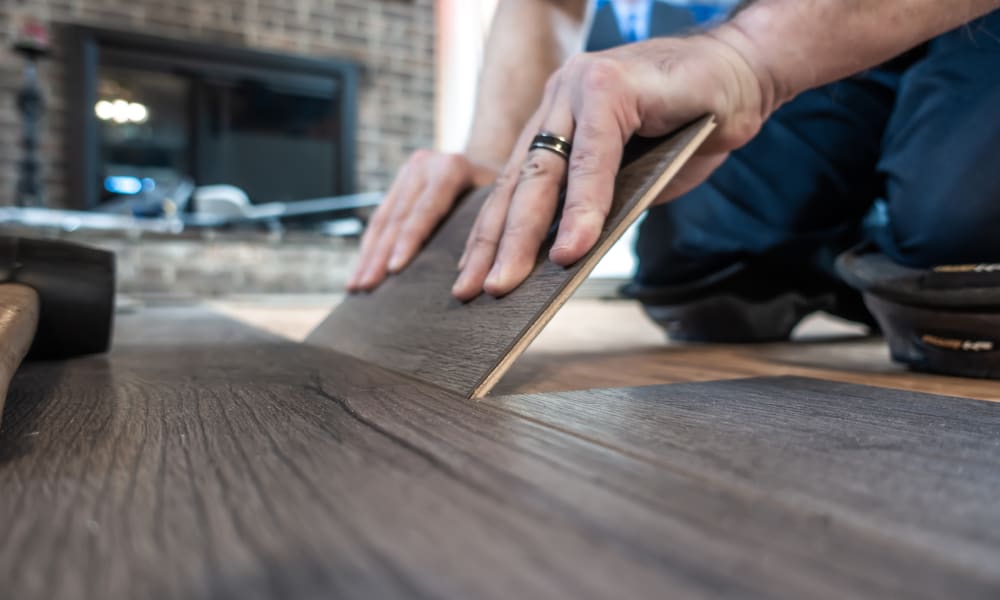
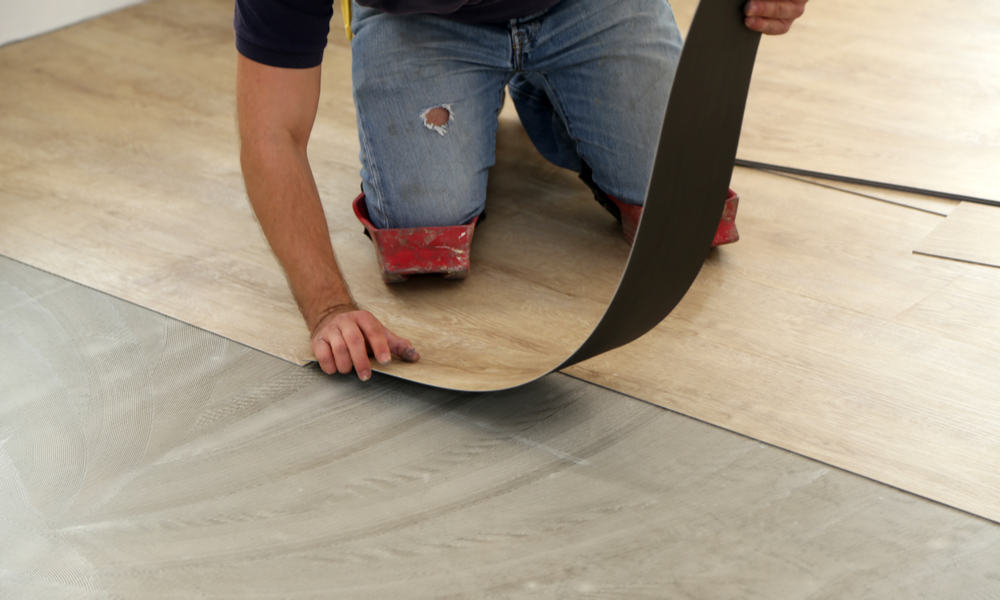
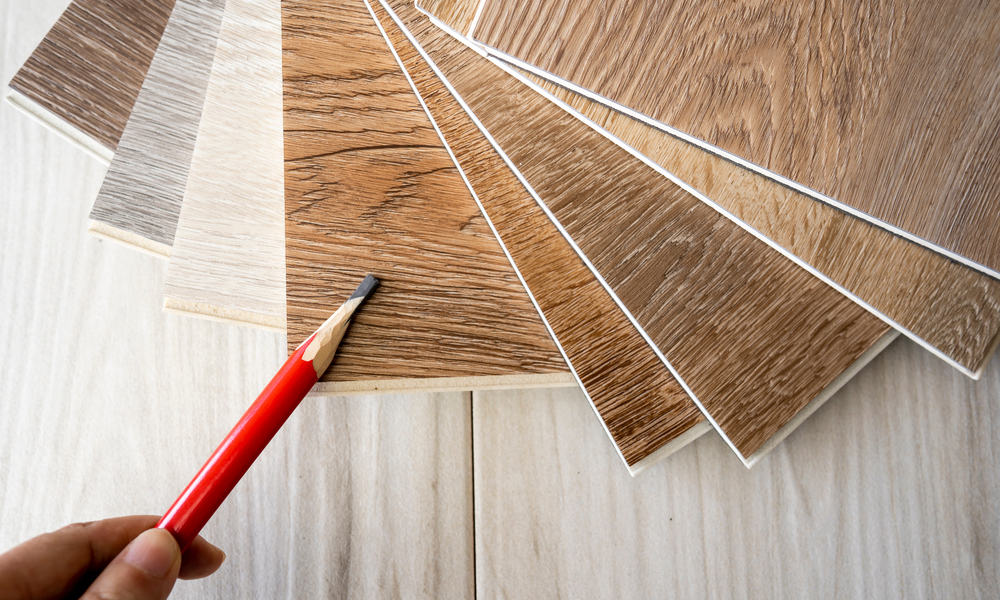
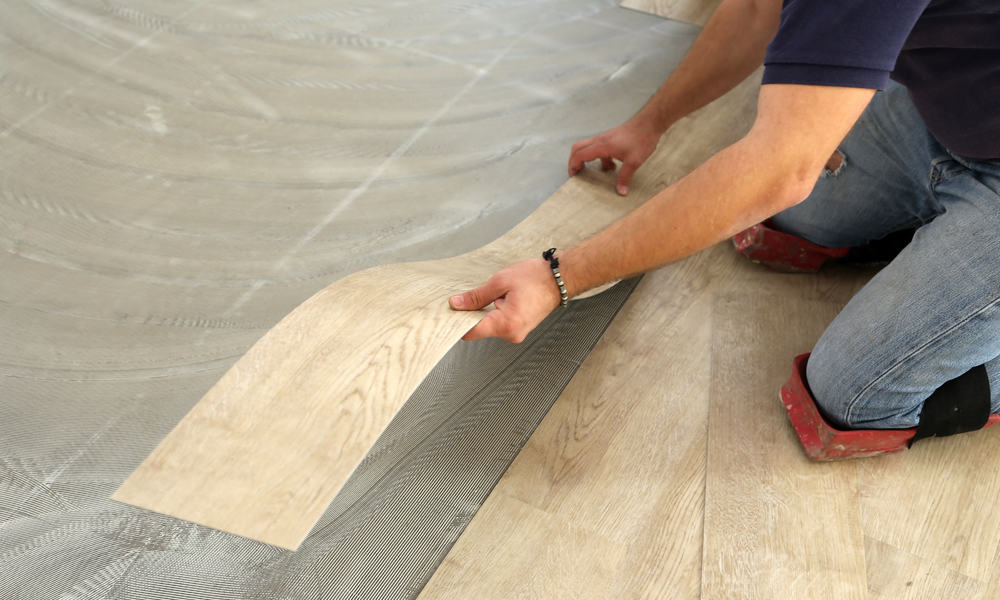
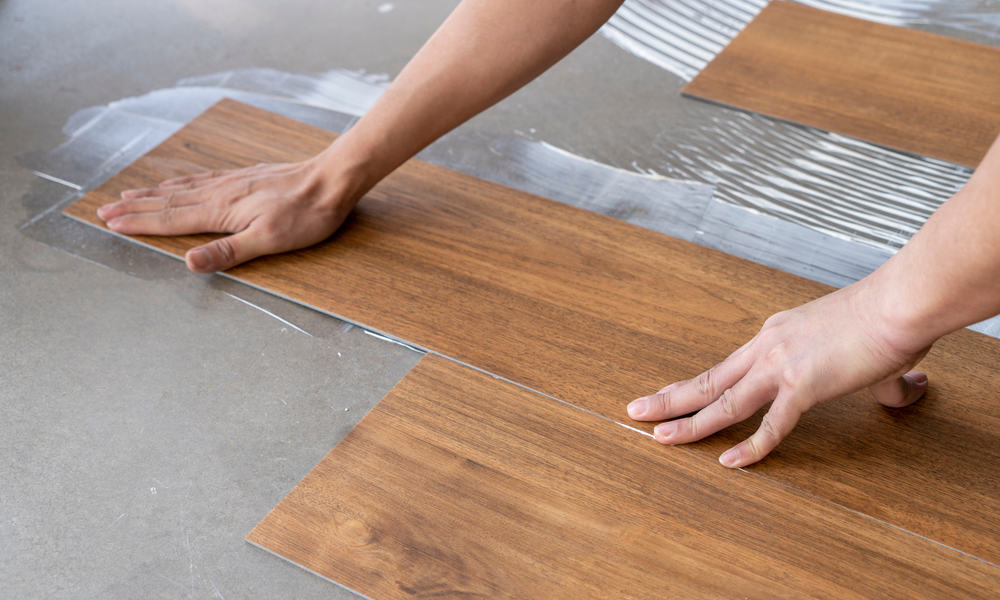
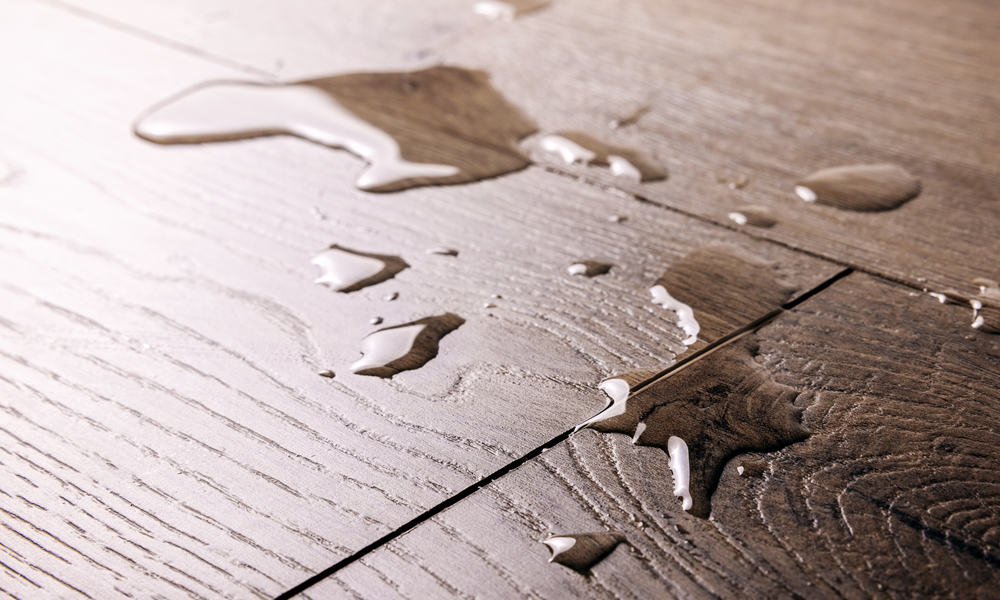
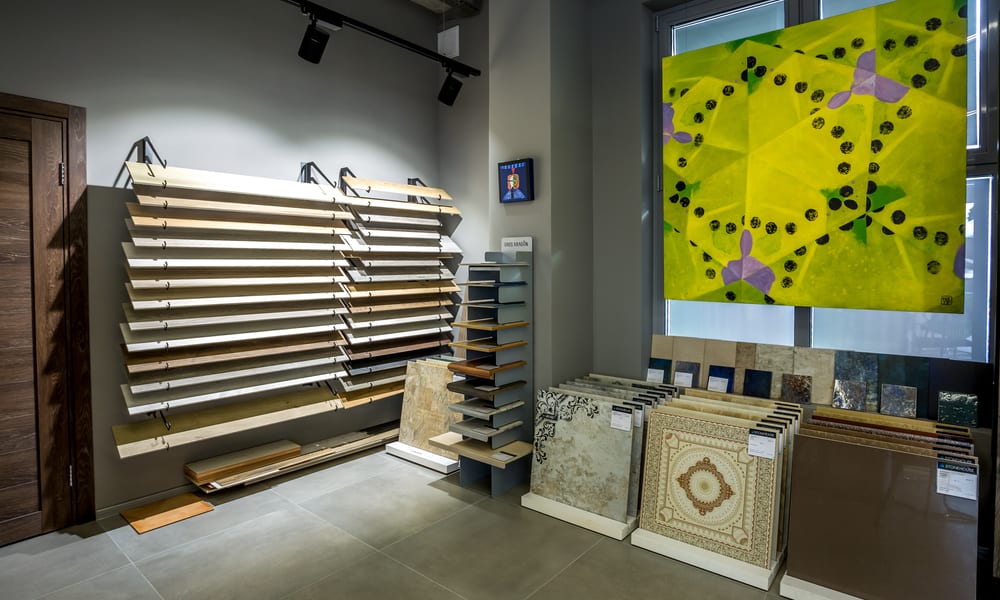
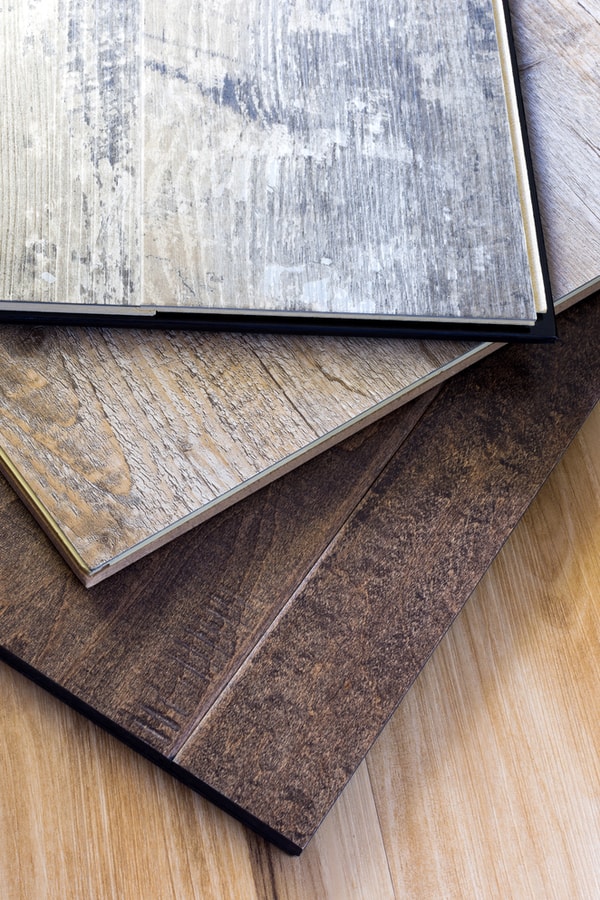
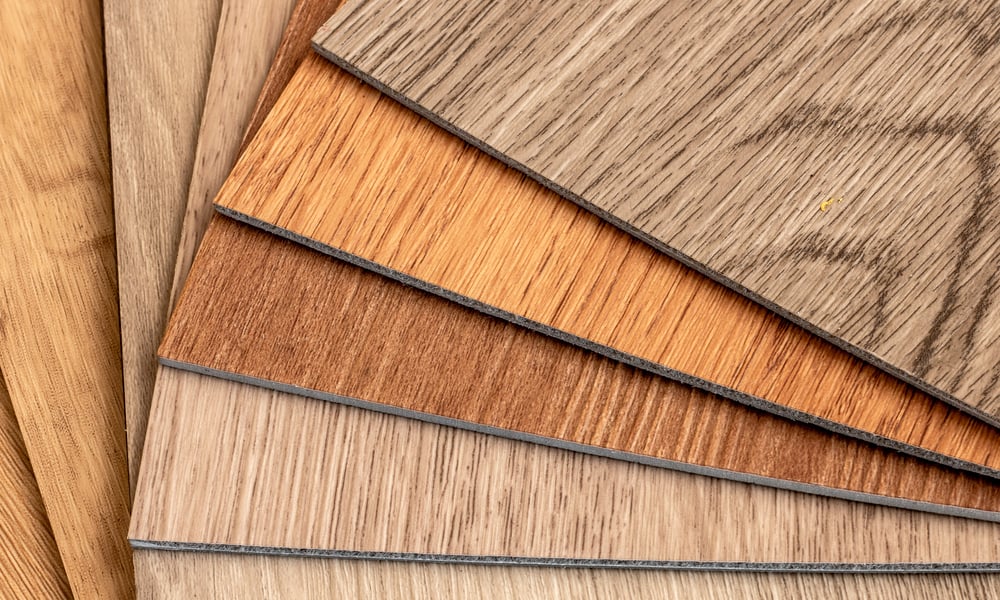
Would be nice if they proof read their copy. No author either. Mmm I have now read 3 articles including other web sites and find it confusing. Since the description varies with description of LVP and its’ waterproof effectiveness!
I wonder how accurate the rest of the information is since they title their chart as comparison of Luxury vinyl plank vs porcelain. When it is in fact a comparison of Engineered Vinyl Plank (EVP) vs Luxury Vinyl Plank. (LVP)